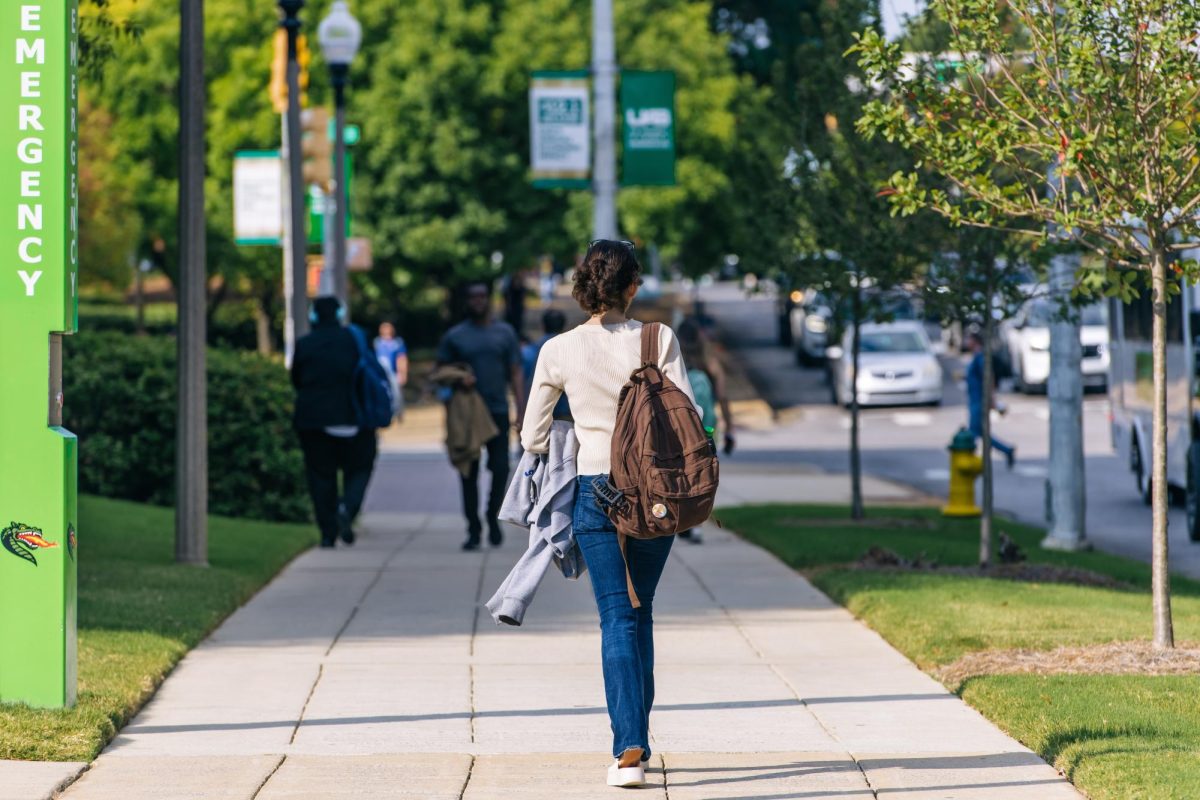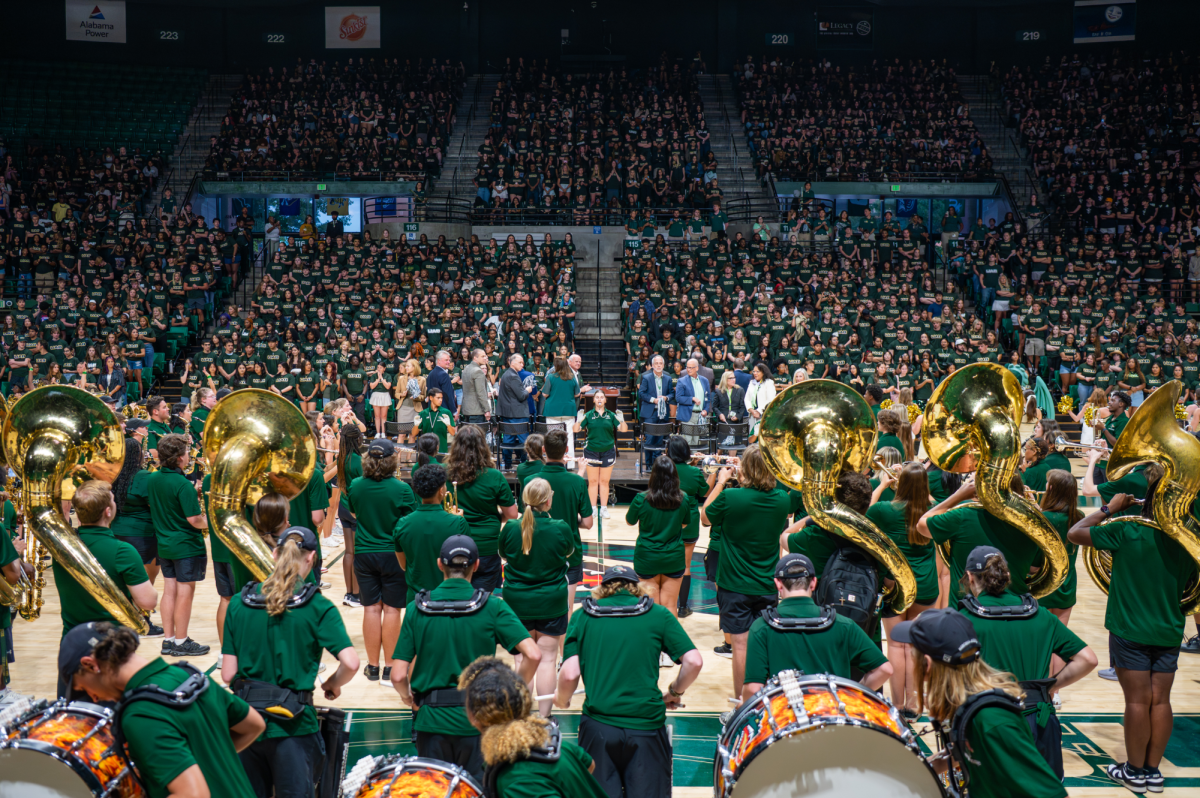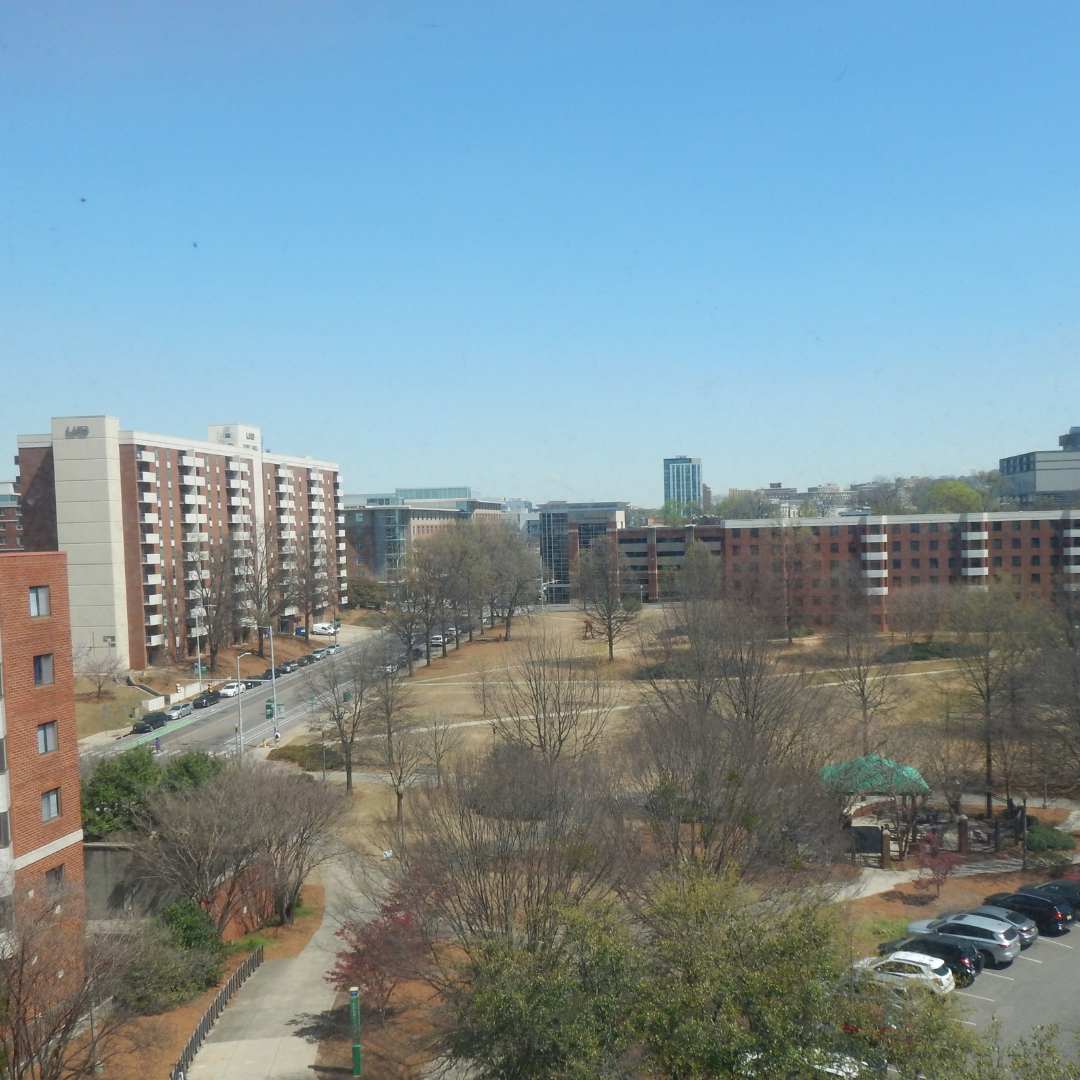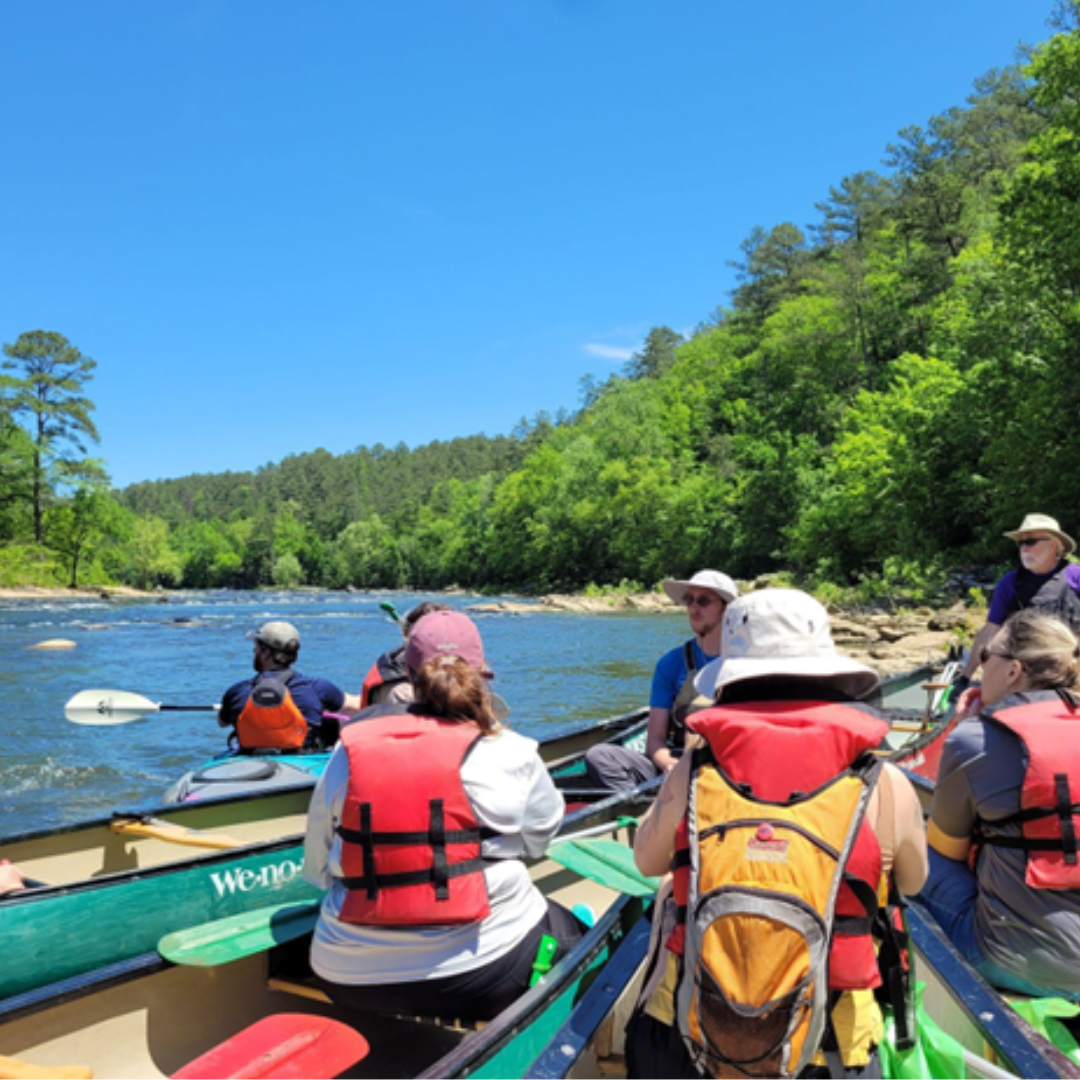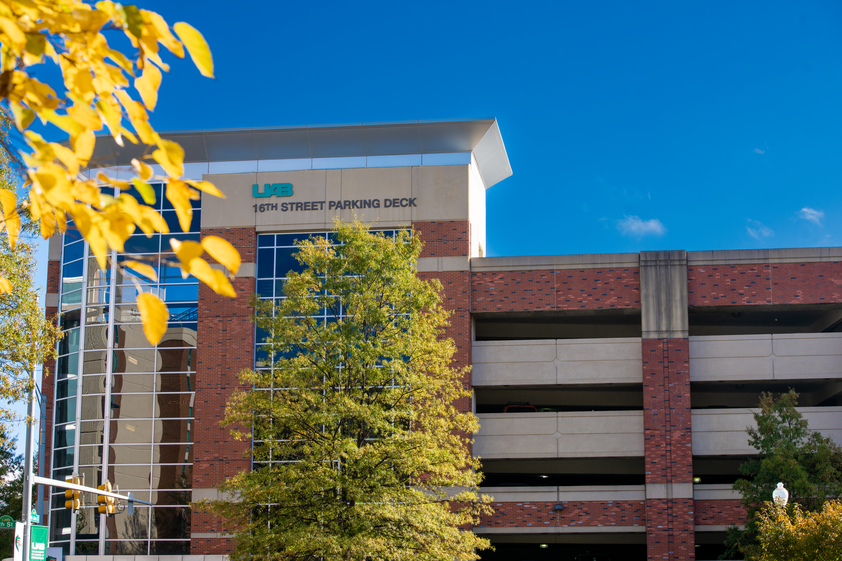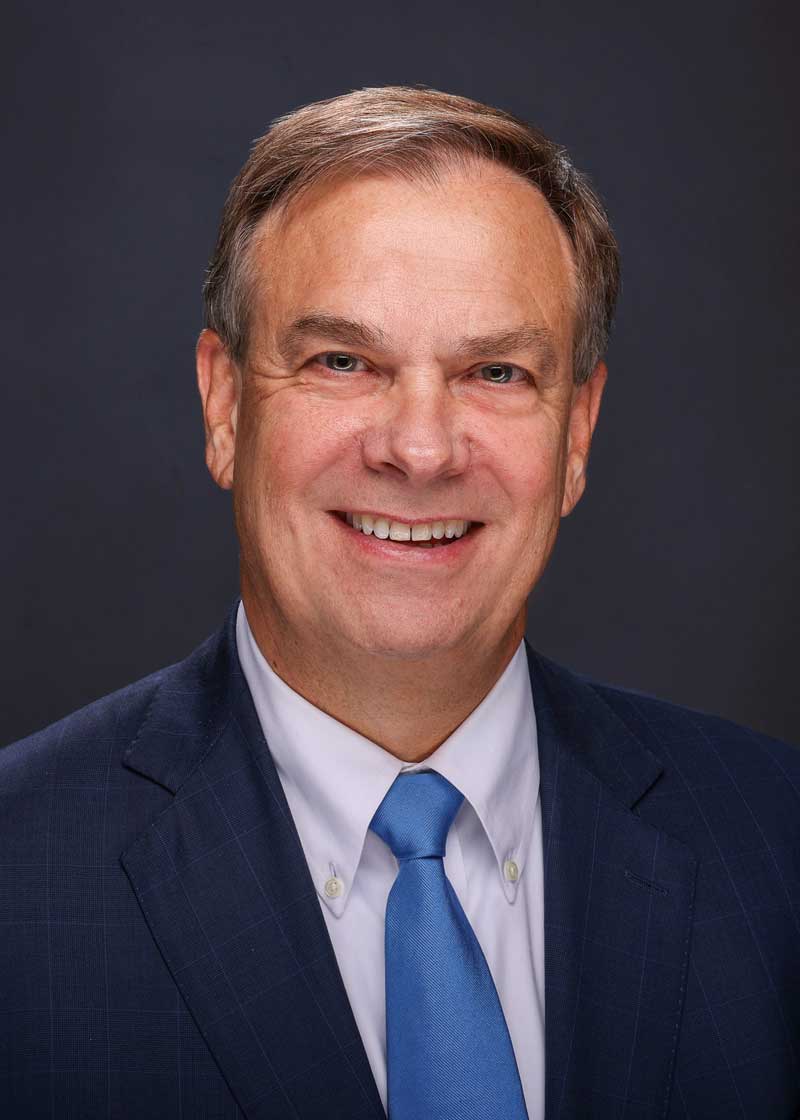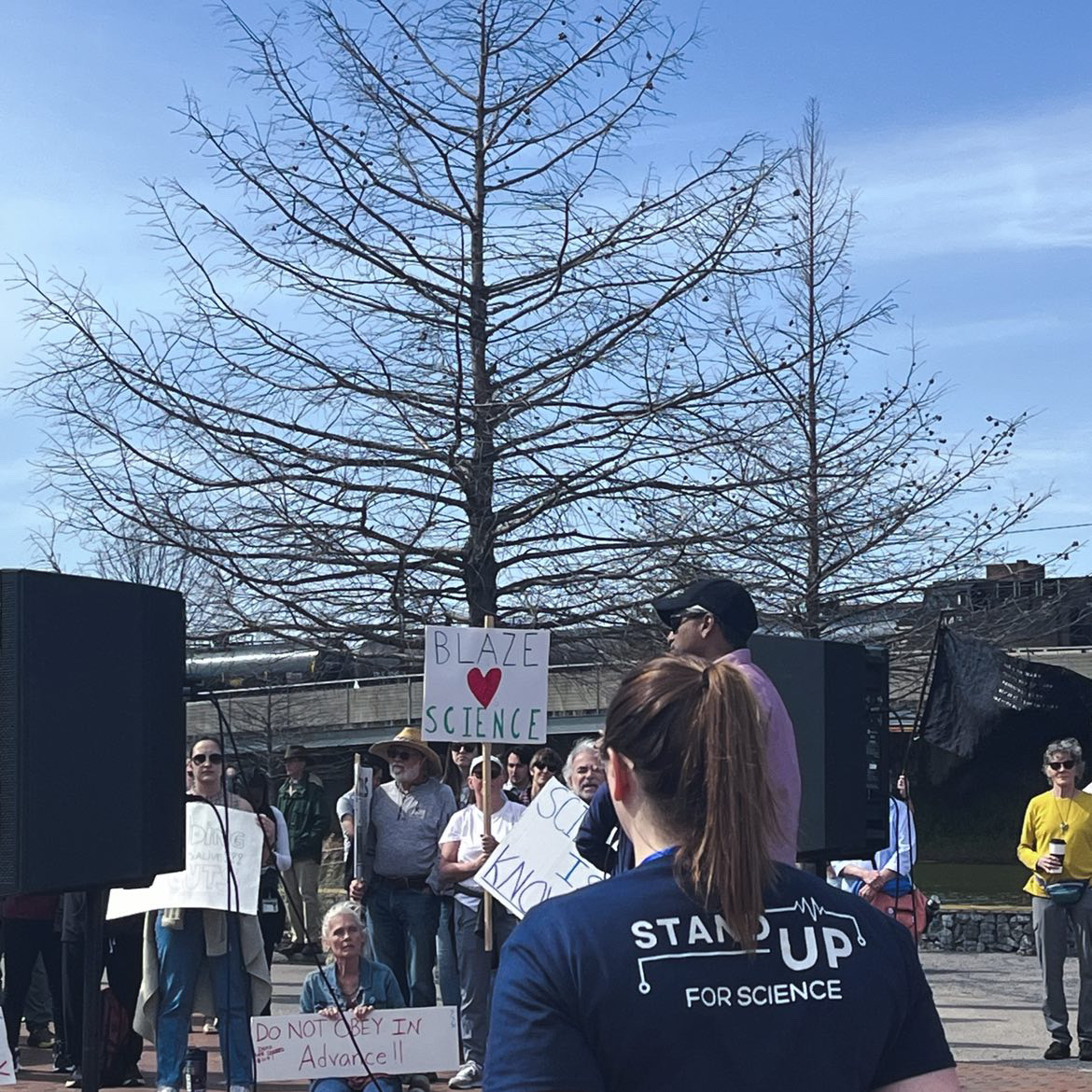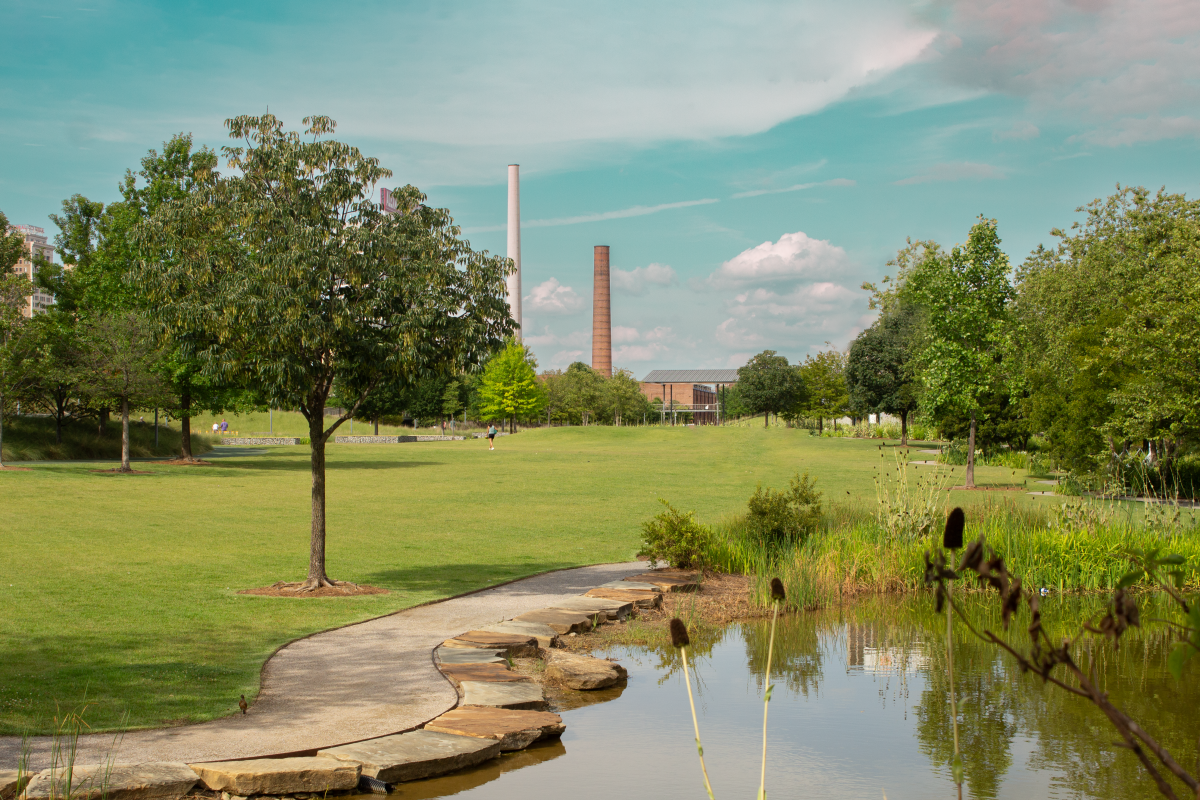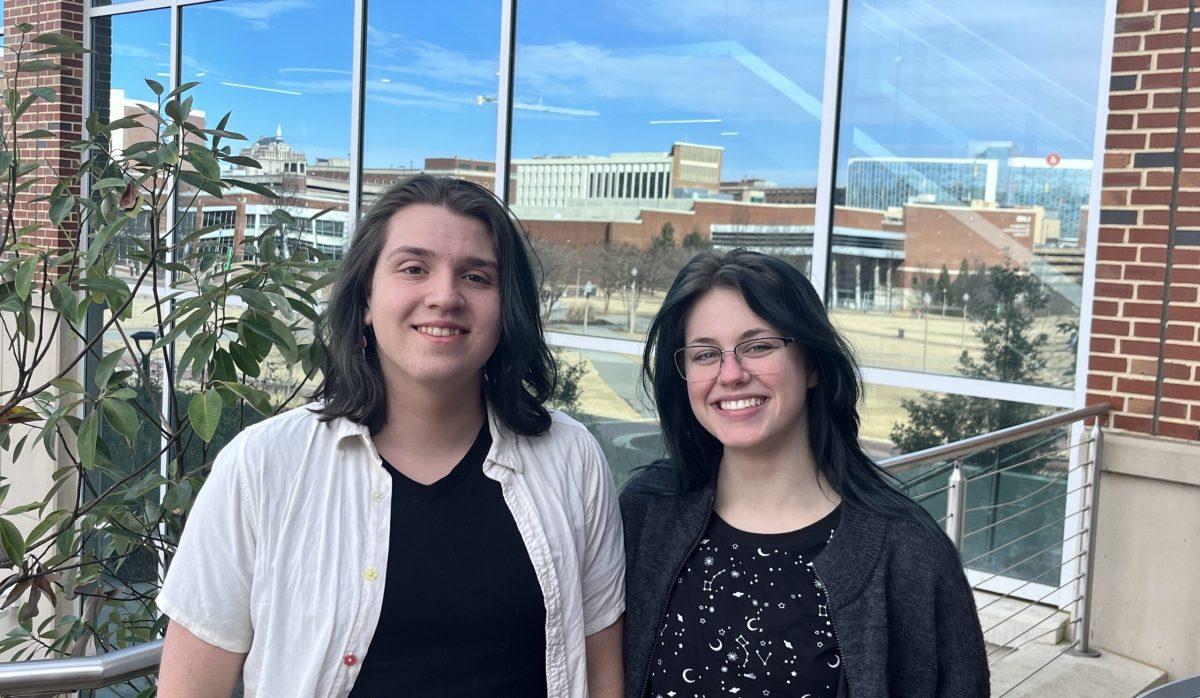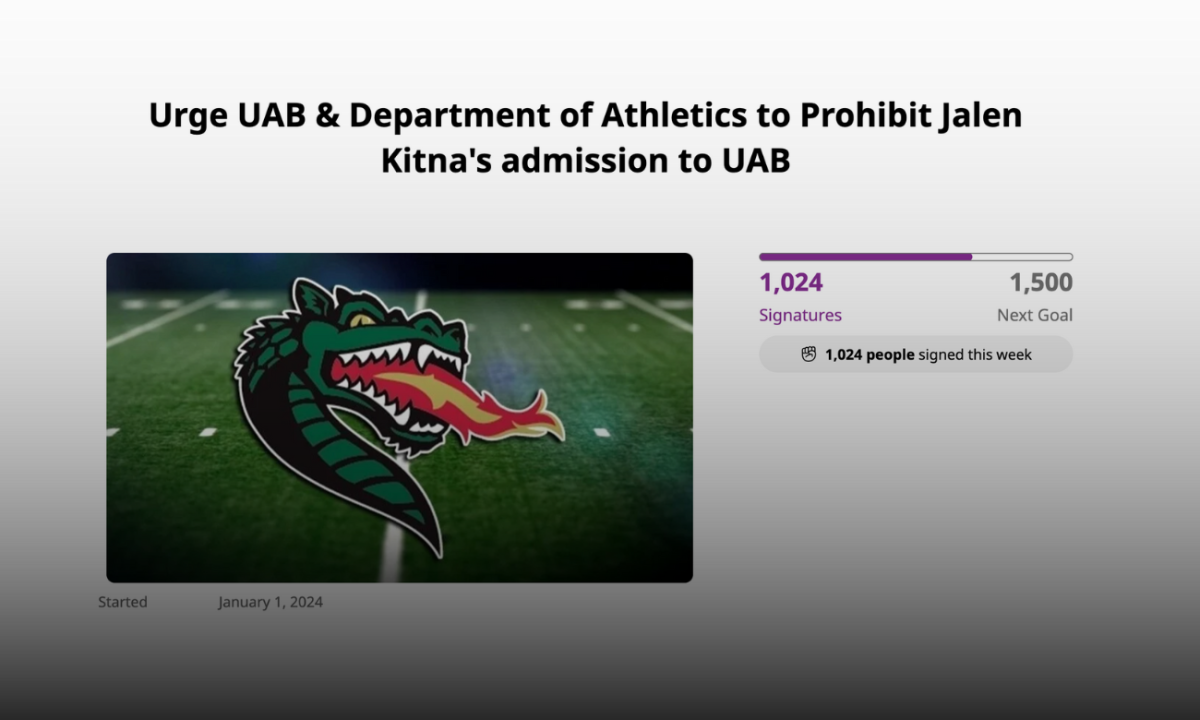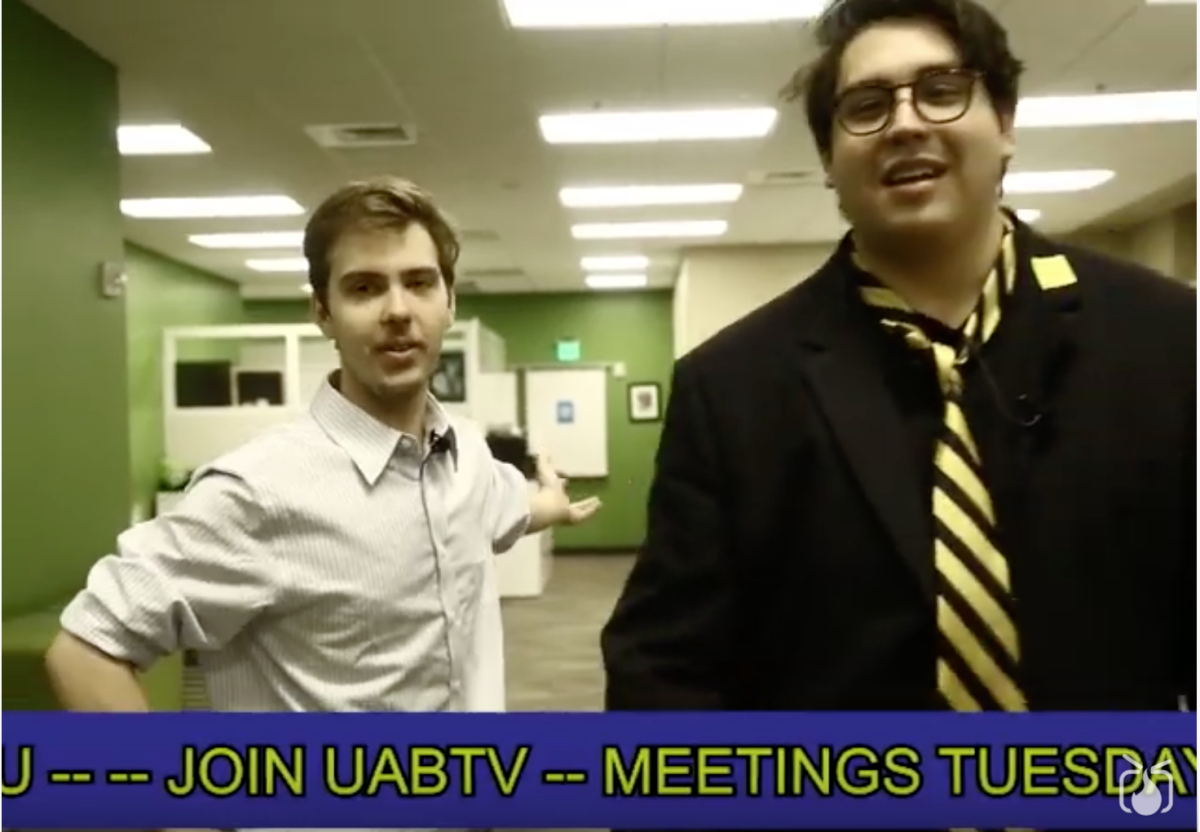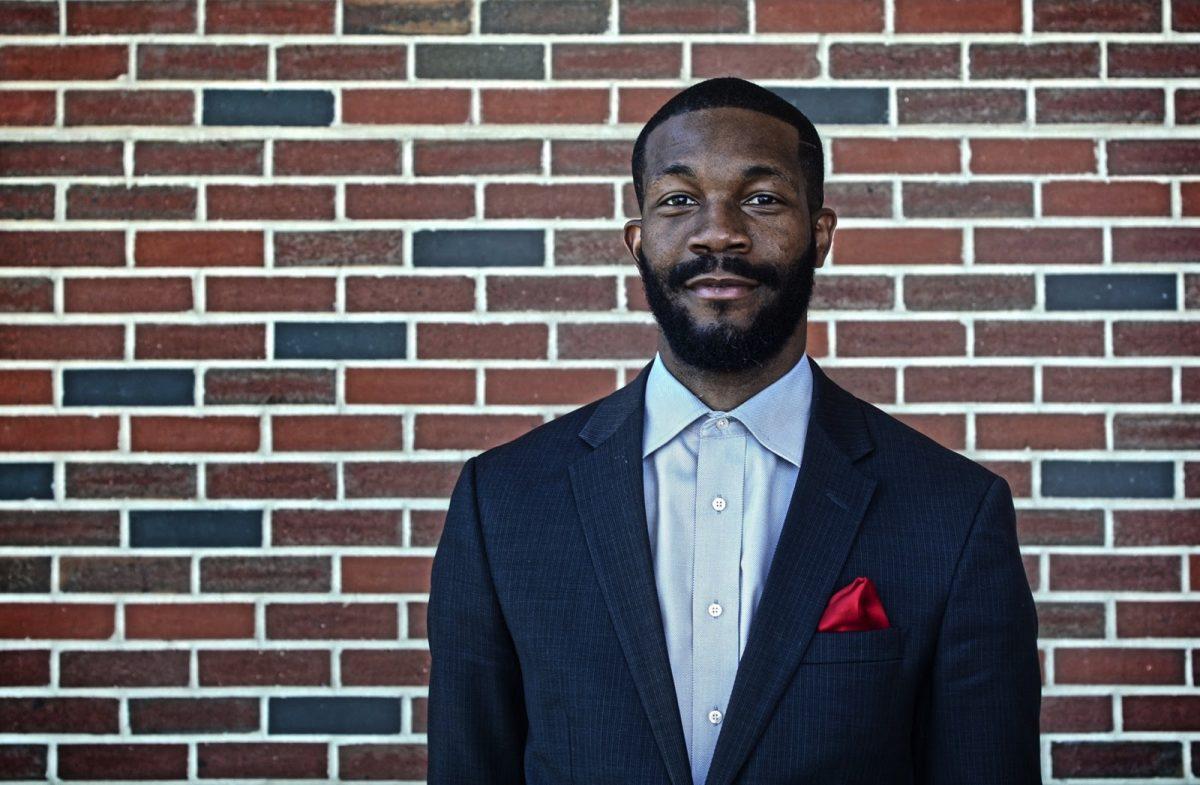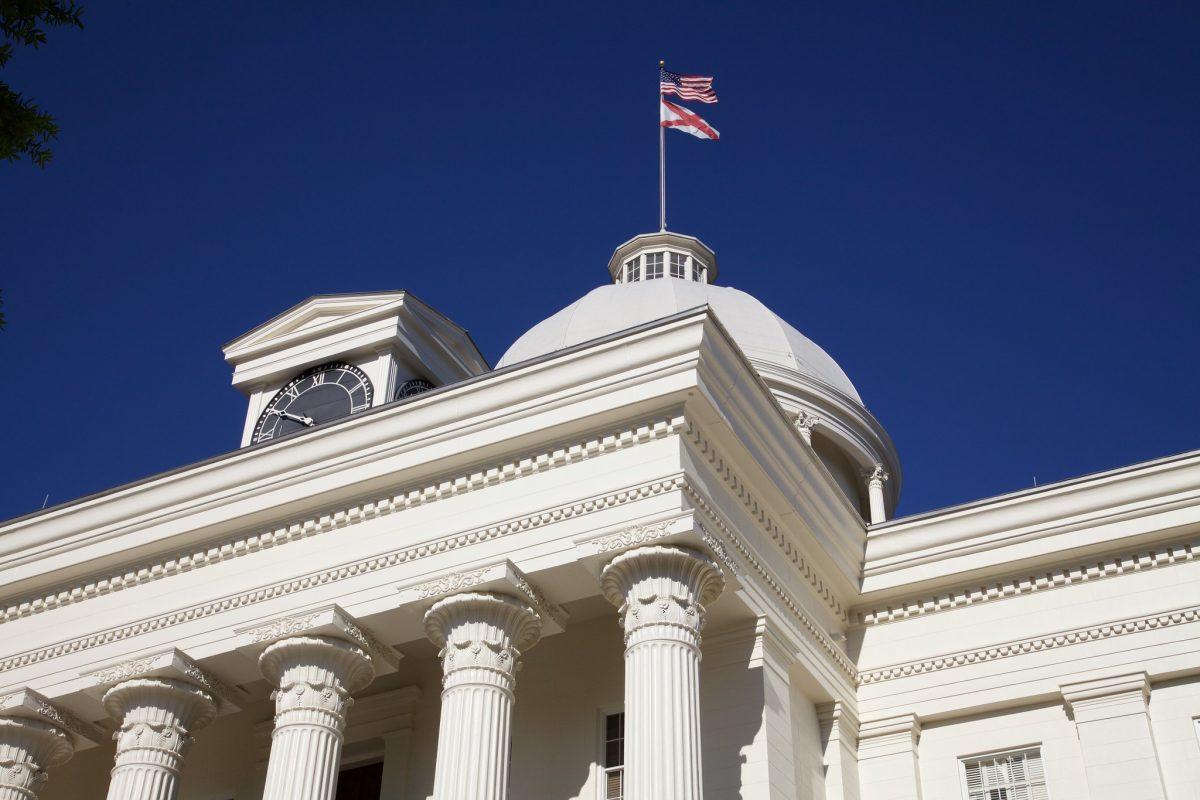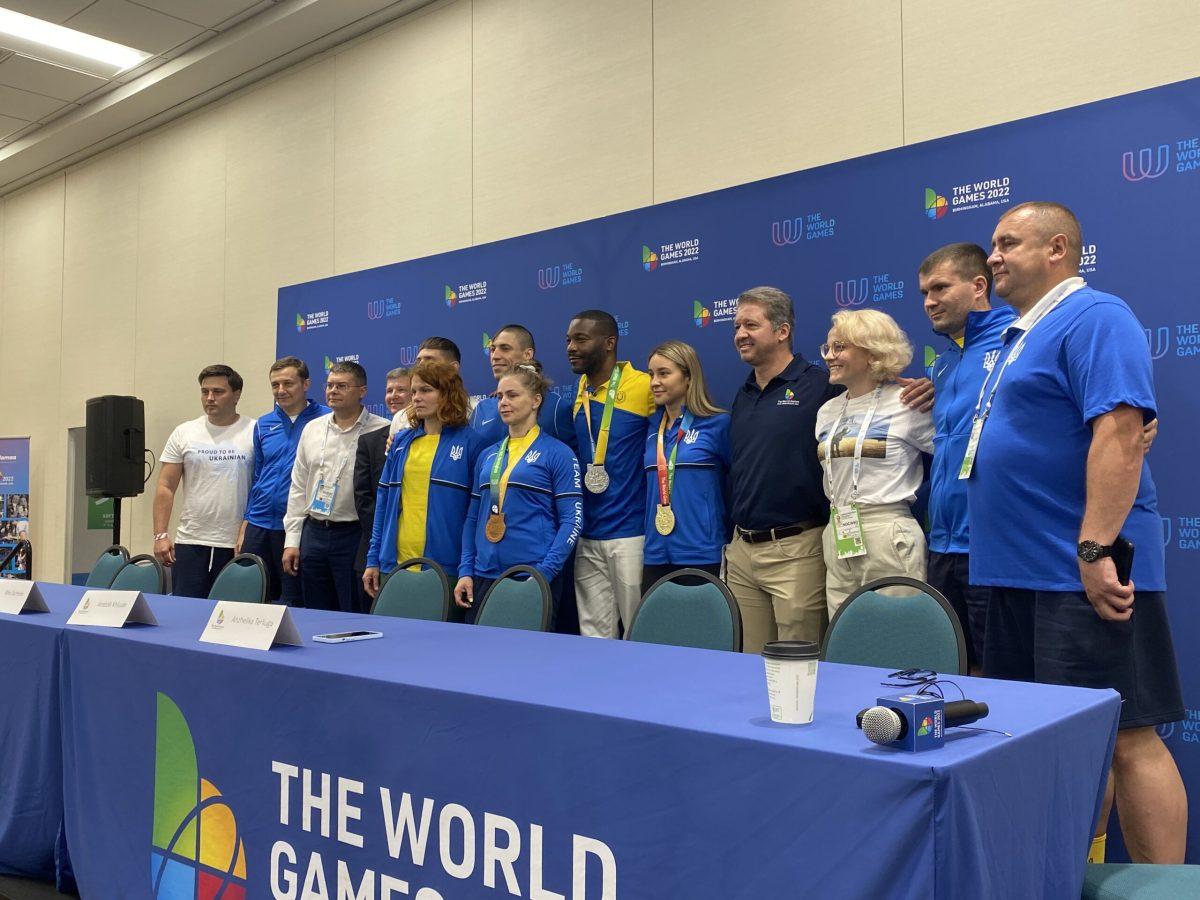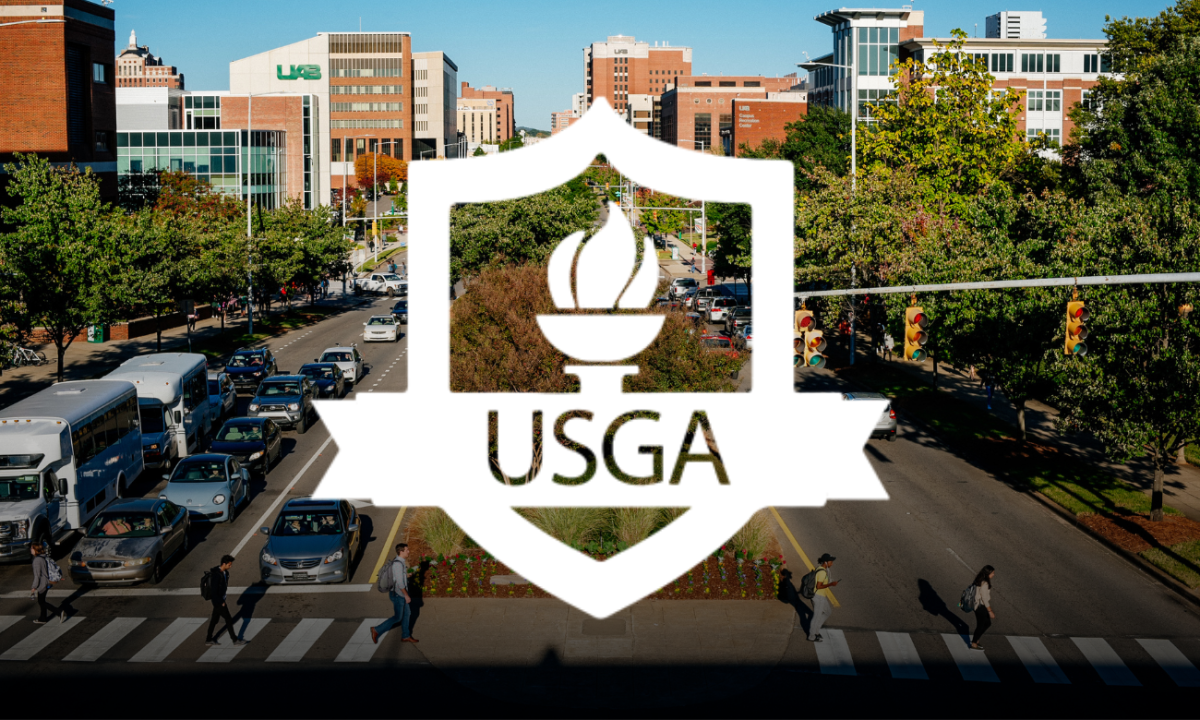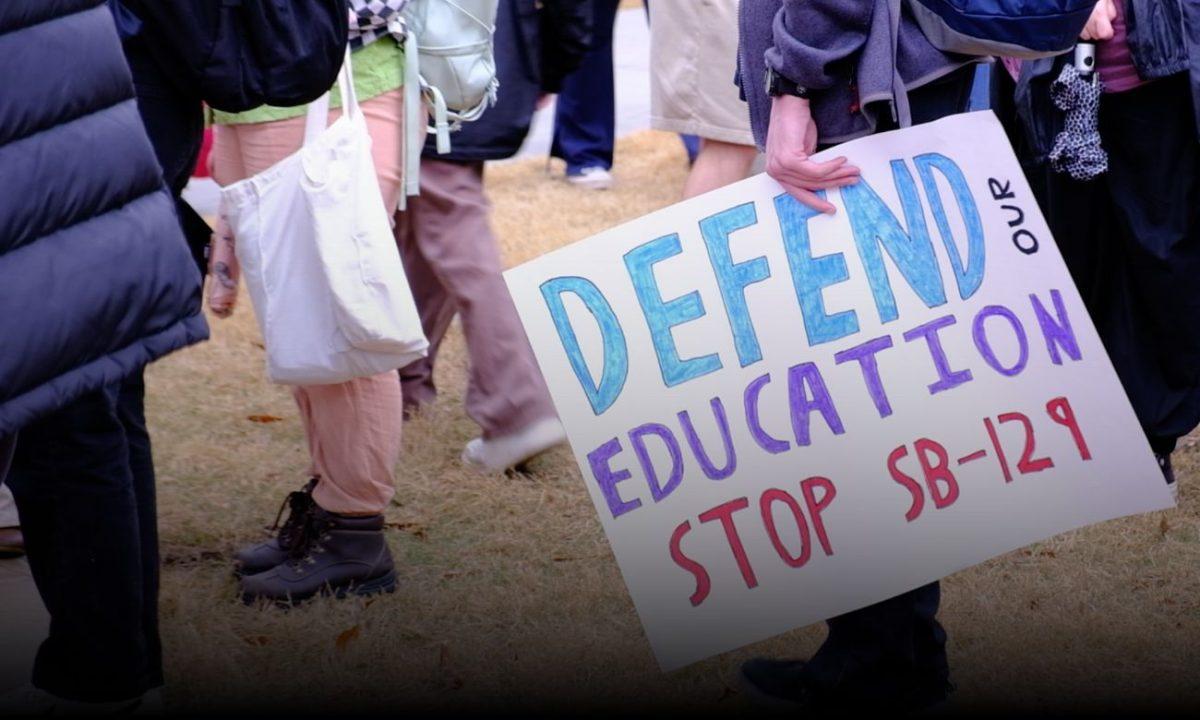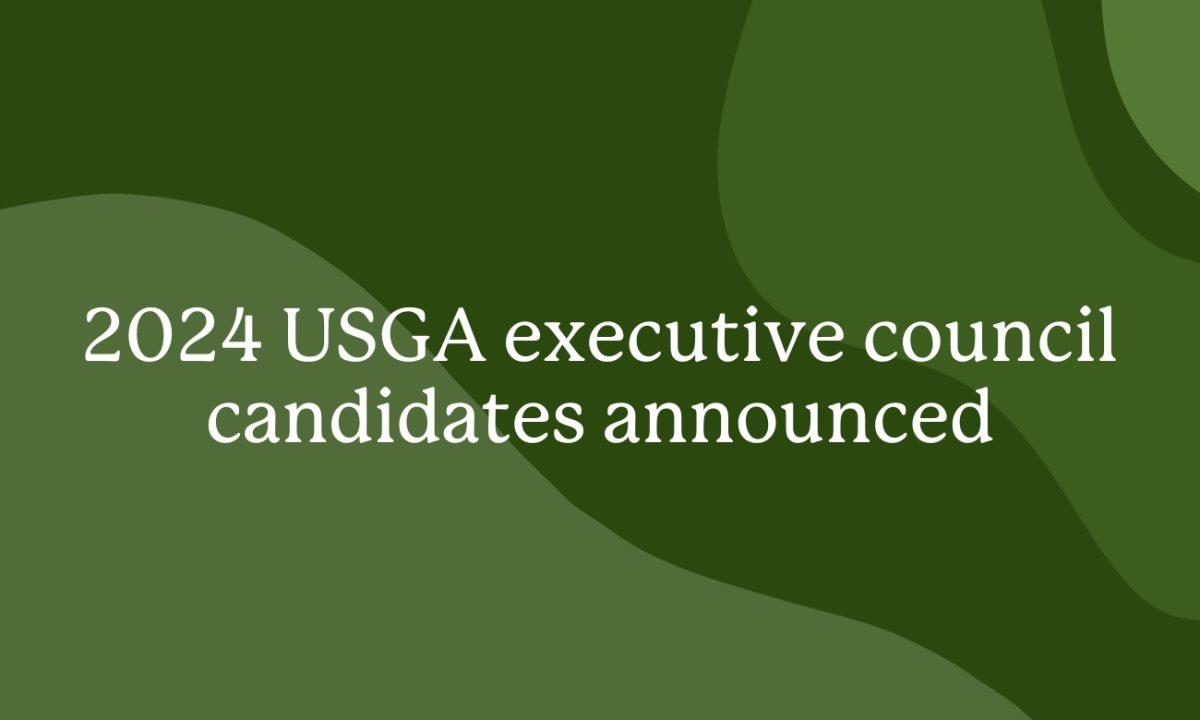Hundreds gathered at Railroad Park on Friday for the Stand Up for Science rally, joining a nationwide effort to advocate for scientific research, STEM education, and evidence-based policy.
The event, held from noon to 3 p.m., featured a diverse lineup of speakers, including scientists, educators, and community leaders, who underscored the importance of scientific funding and public engagement. Local researchers discussed key issues in healthcare, climate science, and technology. The rally concluded with a march through the park, with participants holding signs in support of increased federal investment in scientific research.
Josh Huffines, an assistant organizer and UAB PhD candidate, emphasized the broad impact of scientific progress. “People need to stand up for science because science is for everyone,” Huffines said. He also expressed concerns about the potential effects of funding reductions. “There is a lot of discouragement among researchers who worry that certain policy decisions could hinder biomedical and other research in Alabama and across the country for years to come.”
Lead organizer and UAB doctoral student Tori Holland shared how policy changes are affecting her future as a first-generation doctoral student. “When policies started emerging that directly impact my career path, I became very concerned,” Holland said. “That’s one of the reasons we’re holding this rally—not just for those of us who understand the magnitude of these changes, but to engage the community and show them how science benefits them.”
The Stand Up for Science 2025 organization reinforces the rally’s mission on its website, stating, “We’re Standing Up for Science—because science is for everyone.” This message was a central theme throughout the event, highlighting the importance of continued public support for scientific progress.
The rally was part of a coordinated movement across major U.S. cities, including Washington, D.C., Seattle, and Boston, in response to proposed budget cuts that could impact research funding. Organizers emphasized that the event aimed to unite scientists, students, educators, and community members in support of science advocacy.
Local universities and scientific organizations showed strong support for the event, highlighting the role of research in driving economic growth and medical advancements. As part of the nationwide movement, the Birmingham rally reinforced the message that science is essential for addressing global challenges and improving quality of life.
Organizers encouraged attendees to continue their advocacy beyond the rally by engaging with policymakers and supporting science-based initiatives.

